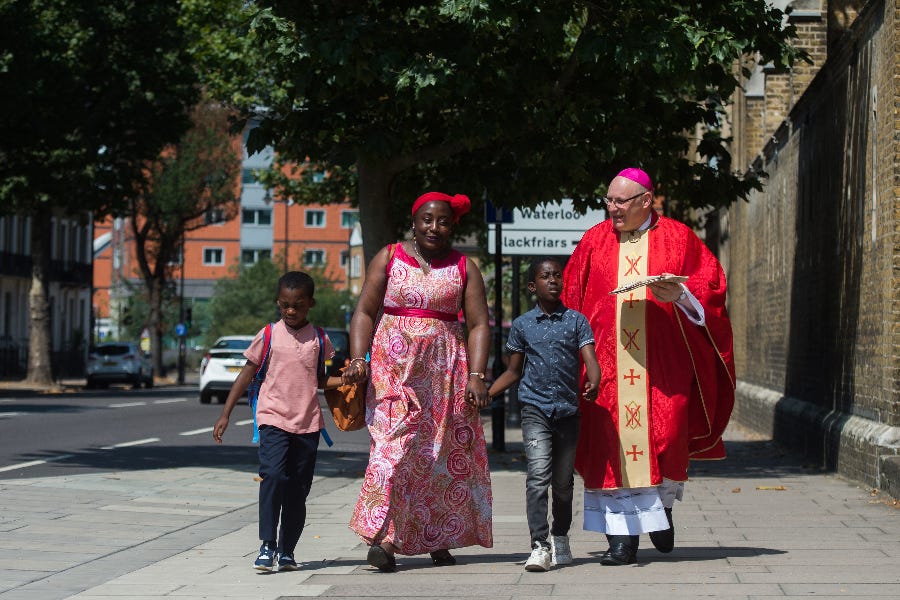‘Some definite service’: How an English diocese is unleashing growth
What is happening in the Archdiocese of Southwark?
The story behind the recent growth in England’s Southwark archdiocese seems to begin on July 25, 2019.

That was the sweltering day when Archbishop John Wilson was installed as the new head of a sprawling archdiocese, which serves a…
